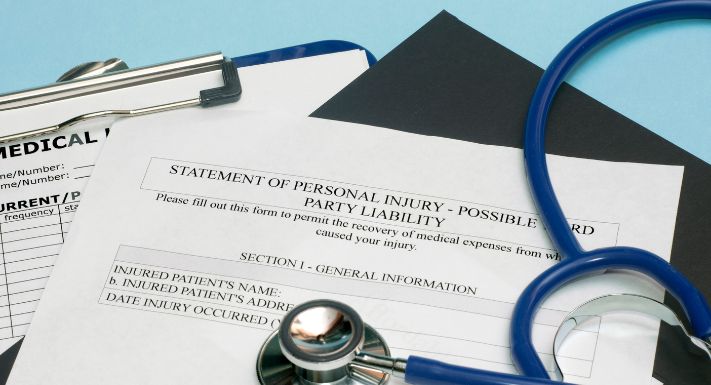
Can You Sue an Airline for Compensation for Injury or Death?
March 15, 2023
How Birth Injuries Impact the Mental Health of Parents
March 29, 2023What recourse do you have if you sustain an injury at work? Can you file a personal injury claim against your employer for compensation?
Generally speaking, work-related injuries are the purview of workers’ compensation—but there are a few important exceptions to the rule. Let’s take a closer look at your options, depending on the nature of your injury.
Personal Injury vs. Workers’ Comp
With a few exceptions, workplace-related injuries are usually taken care of by your employer’s workers’ compensation policy. Workers’ comp enables you to cover some of your medical bills, as well as any wages you lose while you recover at home.
You don’t need to prove negligence or recklessness on your employer’s part to file a workers’ compensation claim; you just need to prove that it was a work-related injury. However, if negligence or recklessness contributed to your injury, a personal injury lawsuit may enable you to recover more in damages.
The Exclusive Remedy Rule
Look at your job’s policy for workers’ compensation. Most policies do not allow you to sue your employer for personal injury if you’re already collecting workers’ comp for that injury. This provision is called the exclusive remedy rule, and it’s designed to prevent employees from double-dipping for more money and benefits.
However, there are four crucial exceptions to this provision. If any of them apply to your injury, consult with a personal injury lawyer in Boise and refrain from filing for workers’ comp.
Exceptions to the Rule
Depending on the cause of your injury, you might have a case against your employer. The following may constitute exceptions to the exclusive remedy rule, and could render your employer liable for your injury:
- Did your employer intentionally hurt you?
- Did they make a fraudulent attempt to conceal the cause of your injury?
- Was your employer acting in a capacity other than as your employer when they hurt you?
- Does your employer not carry workers’ comp insurance at all?
If one or more of these points apply to your ordeal, tell your story to a talented personal injury attorney. The team at Rossman Law Group can advise you on next steps to help you get the compensation you deserve.
So, can you sue your employer for personal injury? In most cases, workplace injuries are under the jurisdiction of a robust workers’ comp policy. But if there are extenuating circumstances in your case, ask Rossman Law Group if a personal injury claim can help you get justice.





